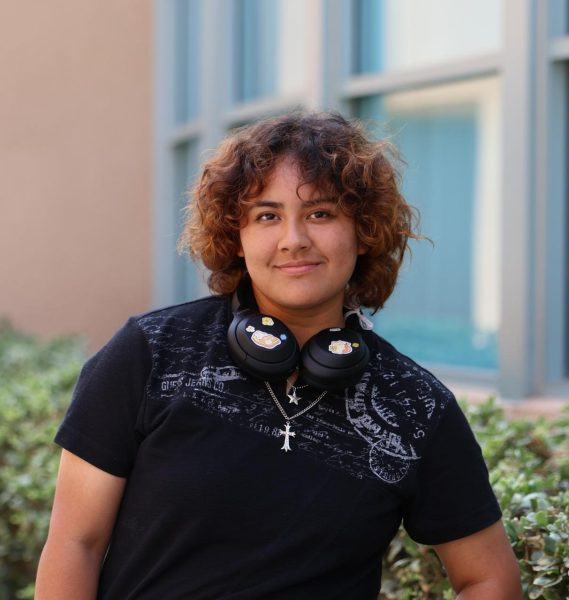We’ve all had that moment where, after uttering the last few words of a fleeting tangent, we pause and wonder, “Why in the world did I say that?” These moments, especially during our teenage years, are quintessential to the learning experience. Recently, however, this rite of passage has somewhat dissipated in school settings. While respectful and reflective speech is essential, so is cultivating a social culture that allows students to make mistakes as they express themselves.
It isn’t that one group of people is necessarily imposing one viewpoint on another. Northwood’s classrooms are often places where creative and unique perspectives are fostered by faculty who reward them. Instead, it reflects how our social culture values saying the “right” thing over exploring ideas with curiosity and openness. Speech, of course, carries responsibility, especially for those in power. However, a knee-jerk tendency to shame others for holding the “wrong” opinion, rather than offering constructive criticism, has become increasingly prevalent.
Accountability shouldn’t create an environment where students are afraid to say the “wrong” thing. School is meant to be a space for trial and error. We can never improve our critical thinking abilities, public speaking or writing skills if we are too afraid to do it incorrectly. Maybe you will say something insensitive. Maybe your argument will fall apart, or even change your mind by the end of it. That’s not failure. It’s growth. It would be a shame to discourage this process when it brings so many benefits.
This isn’t to say we should return to a bygone era of completely consequence-free speech, which never existed, or that insensitive, discriminatory or offensive speech should be welcomed with open arms. However, the distinction between accountability and discouraging diversity of thought is straightforward—intent and portrayal. When an opinion is presented, malice shouldn’t be presumed, and attempts to silence “unwelcome” speech should not occur.
Instead, view it as an opportunity to grow and deepen your thinking. Allow yourself the grace to make mistakes. If a classmate says something you find questionable, engage the idea, not the person. Counter ideas you disagree with respectfully and be willing to engage in conversation. Raise your hand not just when you are confident in your answer, but also when you are unsure. Don’t hesitate to express what you believe in your most authentic way—in a respectful, considerate, and constructive manner. Disagreement is a part of the essential classroom experience—we’re all better off when challenged to grow.





















































